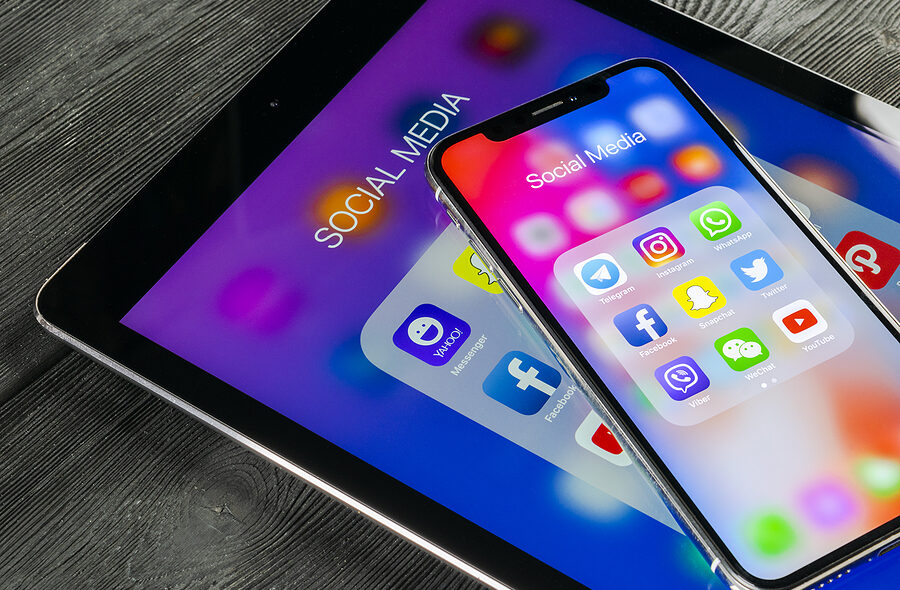Debt collectors will attempt to contact a consumer through any means necessary to collect on a debt. As more consumers communicate with each other via social media, debt collectors are utilizing these platforms as another means to contact consumers.
A federal agency issued a new rule that would allow debt collectors to contact people by email, text message, and social media platforms, including Twitter, Facebook, and Instagram.
The new rule limits how many times the collection agency can contact the consumer via telephone. Collectors will be limited to seven debt-collection phone calls weekly, but they are allowed to send an unlimited number of text messages, email messages, and social media private posts.
The Consumer Financial Protection Bureau (CFPB) announced that consumers can opt out of all electronic communications. However, the way they can do that has not been worked out just yet.
Social media companies are currently reviewing and working out the details of how this new rule will work. Companies, such as Facebook, have issued statements saying that they are working with the CFPB to see how to implement this new policy.
According to data from the National Consumer Law Center, this new rule will have fairly broad implications. Approximately one in every four adult Americans or around 70 million consumers have a bill in collections. Approximately 18 million American consumers have more than one bill in collections, which means these individuals could receive several different communications a day from different debt collectors.
These changes are expected to hit certain communities harder than others. Forty-five percent (45%) of people living in predominately Black or Hispanic communities have debt in collections, according to data from the Center for Responsible Lending, compared to 27 percent (27%) of people living in predominately white communities who have debt in collections.
Additionally, a 2017 CFPB survey reported that 44 percent (44%) of minority borrowers reported being contacted by a debt collector. In comparison, only 29 percent (29%) of white borrowers reported being contacted by a debt collector. With these new channels for communicating with consumers, these figures are only expected to increase.
Please click here to read more.
If you have questions on this topic or are in financial crisis and considering filing for bankruptcy, contact an experienced Miami bankruptcy attorney who can advise you of all of your options. As an experienced CPA as well as a proven bankruptcy lawyer, Timothy Kingcade knows how to help clients take full advantage of the bankruptcy laws to protect their assets and get successful results. Since 1996 Kingcade Garcia McMaken has been helping people from all walks of life build a better tomorrow. Our attorneys’ help thousands of people every year take advantage of their rights under bankruptcy protection to restart, rebuild and recover. The day you hire our firm, we will contact your creditors to stop the harassment. You can also find useful consumer information on the Kingcade Garcia McMaken website at www.miamibankruptcy.com.

